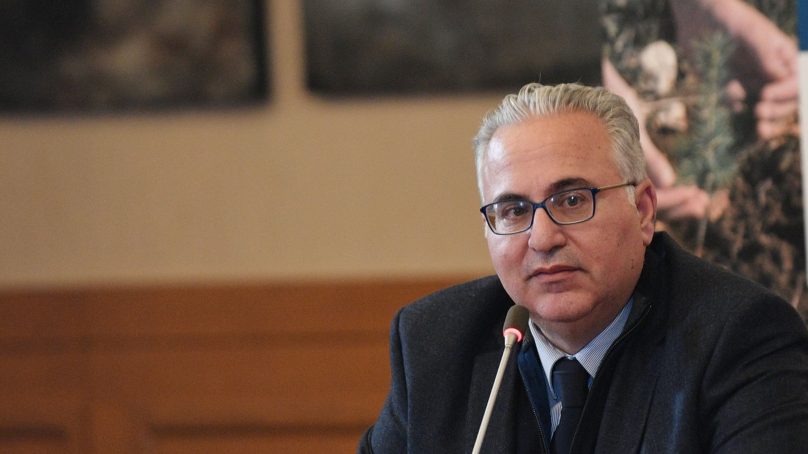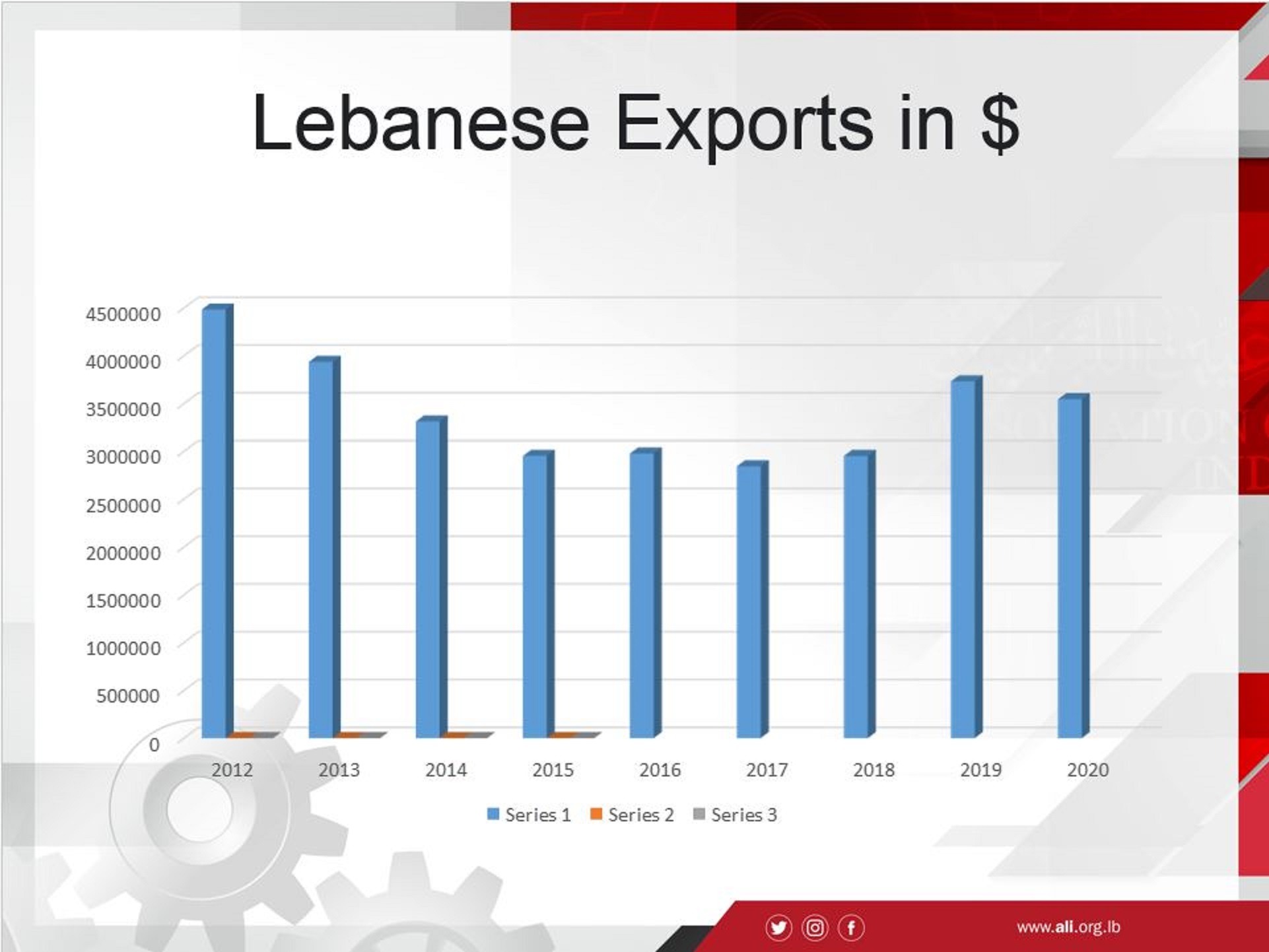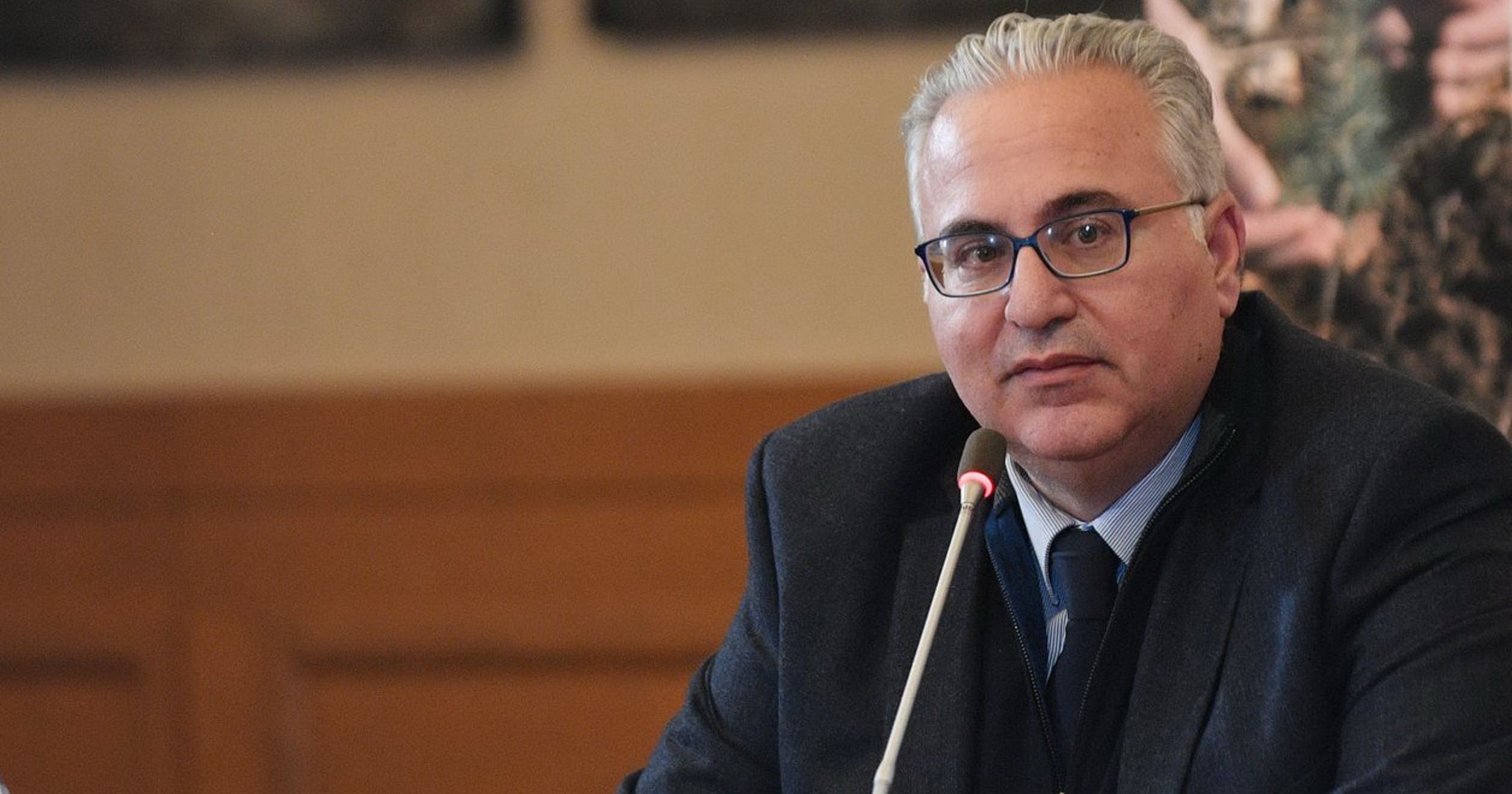
In a 2015 World Bank report, Lebanon ranked first in the Middle East and East Africa region in terms of the diversity of its exports and the diversity of the countries it exports to. The 2019 report of the Lebanese Center for Studies and Policies (LCPS) noted that Lebanon exports about 1,177 products to 71 different countries, placing it in the field of industrially advanced countries.
Lebanese industry stimulates the local economy and creates job opportunities, which is why numerous reform plans for financial and economic recovery are based on the hypothesis of reducing the ratio of GDP to public debt. Thus, work must be done to increase the size of the economy by supporting the productive sectors, including the industrials.
Studies have shown that buying Lebanese products, which often match foreign goods in quality, boosts the Lebanese economy by 40 to 60 percent while buying foreign products contributes to foreign currency banknotes flows outside the country.
For example, manufacturing wafers locally contributes to the operation of 11 local factories and a large number of traders and suppliers. There are several Lebanese factories capable of producing biscuits and wafers in Lebanon, and they directly employ around 1,000 Lebanese citizens and indirectly employ about 6,000 citizens (factories, shops, etc.) who pay taxes to the Lebanese state and thus contribute to economic prosperity.
The industrial sector has proven its resilience and its response to the successive crises since 2019, and despite the challenges faced, its contribution increased to about 18 percent of the GDP. During the coronavirus crisis, the industrial sector was the first supplier of all cleaning materials, sterilization and medical masks and was able to manufacture artificial respiration machines.
The industrial sector was able to compensate for a large part of the imported products that disappeared from consumer markets as a result of the deterioration of the national currency exchange rate, the decrease in purchasing power and the ability to import. The value of locally manufactured products, instead of import substitution, is estimated at USD 750 million for the year 2020. International companies in the food sector took the initiative to manufacture products in Lebanese factories.
“It is true that Lebanon is a small country, but thanks to its industrialism, it is a country of great opportunities,” stated Mounir Bissat.
“The industrial sector offers a package of direct solutions to the socioeconomic crisis. Therefore, a proper industrial strategy would entail increasing exports by at least USD 2 billion as well as increasing the industry’s role in the local market by USD 3 billion. Each reduction of the trade deficit by USD 1 billion creates 64,000 jobs.” added Mounir Bissat.


















